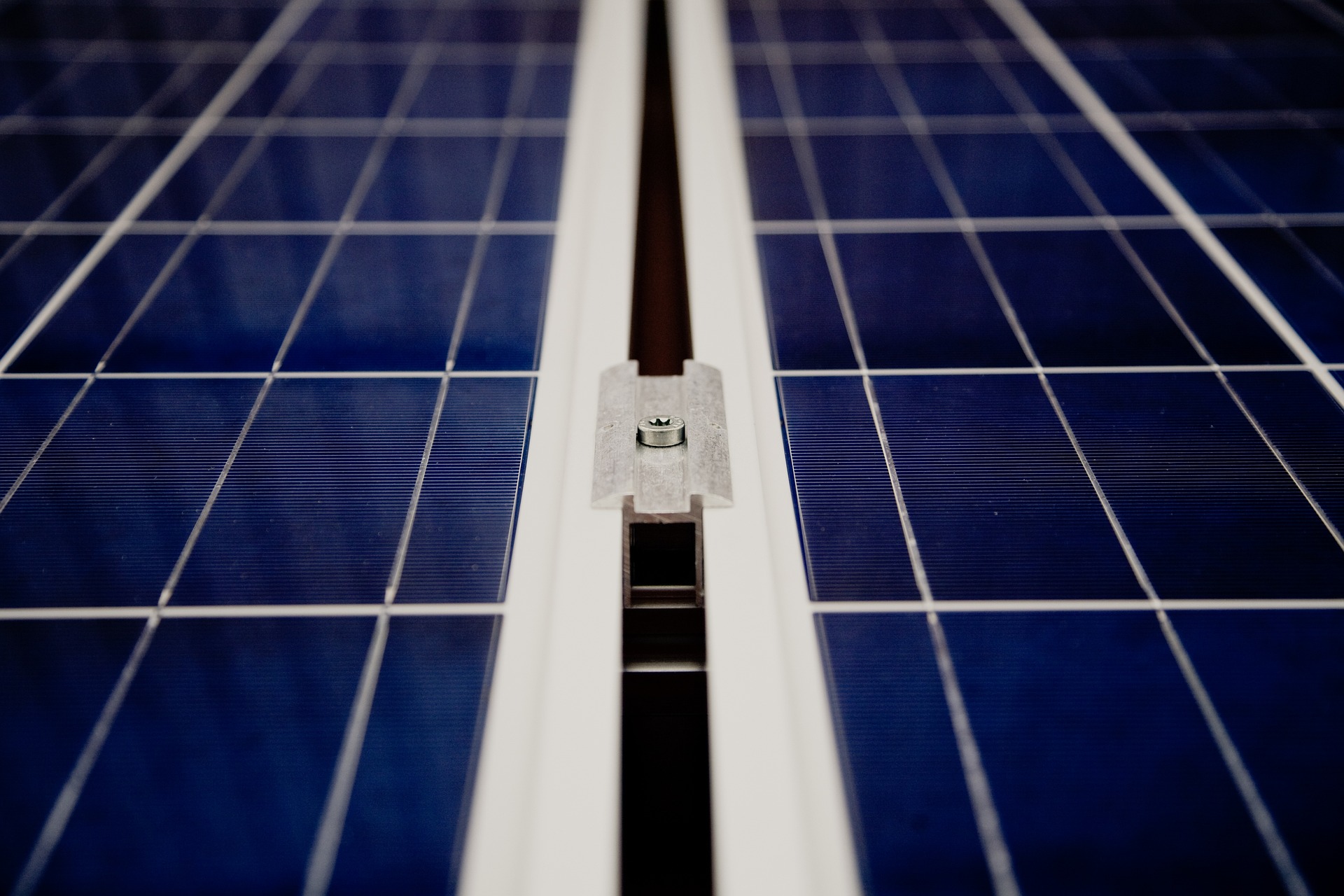Turn Sunlight Into Cash: Why Energy Companies Are Paying Homeowners for Solar Power
Solar energy has become increasingly popular as homeowners seek sustainable and cost-effective power solutions. This article explores how electricity companies benefit from residential solar panels, programs offering payments for solar energy, and ways homeowners can earn money from their solar installations.

The Symbiotic Relationship Between Utilities and Solar
Contrary to popular belief, electricity companies often benefit from homeowners’ solar panel installations. As more households generate their own clean energy, utilities can reduce their reliance on fossil fuels and meet renewable energy targets. This partnership helps balance the grid during peak demand periods, reducing the need for expensive infrastructure upgrades.
Net Metering: A Win-Win Solution
Many regions offer net metering programs, allowing solar panel owners to sell excess electricity back to the grid. When your panels produce more energy than you consume, the surplus is fed into the power grid, and you receive credits on your utility bill. This arrangement benefits both homeowners and electricity companies by promoting clean energy adoption and grid stability.
Feed-in Tariffs: Incentivizing Solar Energy Production
Some countries and states have implemented feed-in tariff programs to encourage solar energy adoption. These initiatives guarantee a fixed payment rate for the electricity generated by your solar panels, regardless of whether you use it or feed it into the grid. Feed-in tariffs provide a predictable income stream for homeowners, making solar investments more attractive.
Solar Renewable Energy Certificates (SRECs)
In certain markets, homeowners can earn additional income through Solar Renewable Energy Certificates (SRECs). For every megawatt-hour of electricity your solar system generates, you receive one SREC. These certificates can be sold to utilities or other entities required to meet renewable energy quotas, providing an extra revenue stream for solar panel owners.
Beyond Financial Benefits: Environmental and Social Impact
While monetary incentives are appealing, the benefits of solar panels extend far beyond financial gains. By generating clean energy, homeowners reduce their carbon footprint and contribute to a more sustainable future. Solar installations also increase property values and can inspire neighbors to adopt renewable energy solutions, creating a ripple effect in communities.
Comparing Solar Panel Incentive Programs
To help you understand the various incentive programs available, we’ve compiled a comparison of real, existing options for homeowners in different regions:
| Program | Provider | Estimated Benefit |
|---|---|---|
| Net Metering | California Public Utilities Commission | Full retail rate credit for excess energy |
| Feed-in Tariff | Ontario Power Authority (Canada) | $0.288 CAD per kWh for 20 years |
| SRECs | New Jersey Clean Energy Program | $220 per SREC (as of 2023) |
| Solar Investment Tax Credit | U.S. Federal Government | 30% of installation costs (as of 2023) |
Maximizing Your Solar Investment
To make the most of your solar panel installation, consider these strategies:
- Research local incentive programs and regulations to understand available benefits.
- Optimize your panel placement and orientation to maximize energy production.
- Implement energy-efficient practices to reduce overall consumption and increase excess energy for sale.
- Stay informed about changes in solar policies and market trends to adapt your strategy accordingly.
The Future of Solar Energy and Homeowner Benefits
As technology advances and policies evolve, the benefits of solar panel ownership are likely to increase. Energy storage solutions, such as home batteries, are becoming more affordable, allowing homeowners to store excess energy for use during peak hours or grid outages. This technology could further enhance the value proposition of residential solar systems.
Navigating the Solar Landscape
While the potential benefits of solar panels are significant, it’s essential to approach the decision with careful consideration. Factors such as your location, energy consumption patterns, and local regulations can all impact the financial and environmental returns of your solar investment. Consulting with reputable solar installers and energy advisors can help you make an informed decision tailored to your specific circumstances.
In conclusion, the relationship between homeowners, solar panels, and electricity companies is evolving into a mutually beneficial ecosystem. By understanding and leveraging available incentive programs, homeowners can not only reduce their energy costs but also potentially earn money from their solar installations. As we move towards a more sustainable energy future, residential solar panels play a crucial role in transforming our power grids and combating climate change.
The shared information of this generated article is up-to-date as of the publishing date. For more up-to-date information, please conduct own research.




